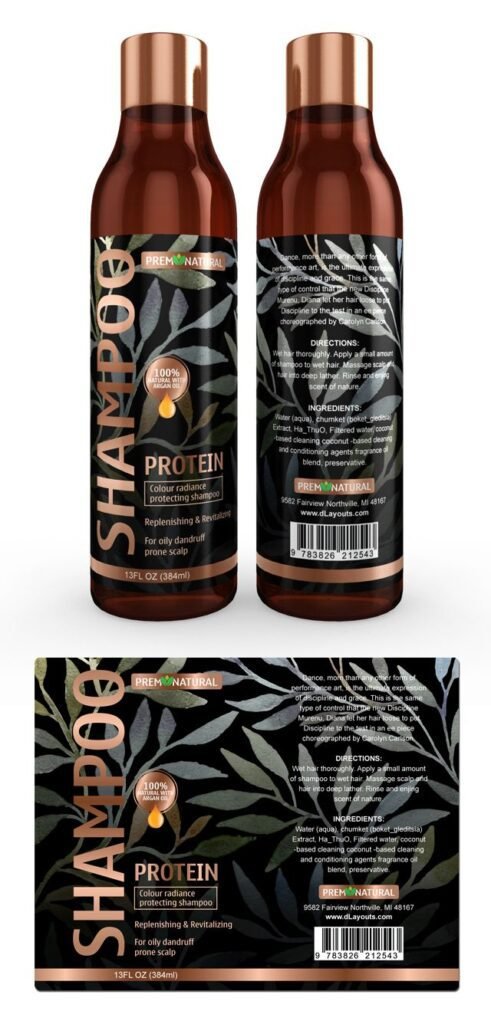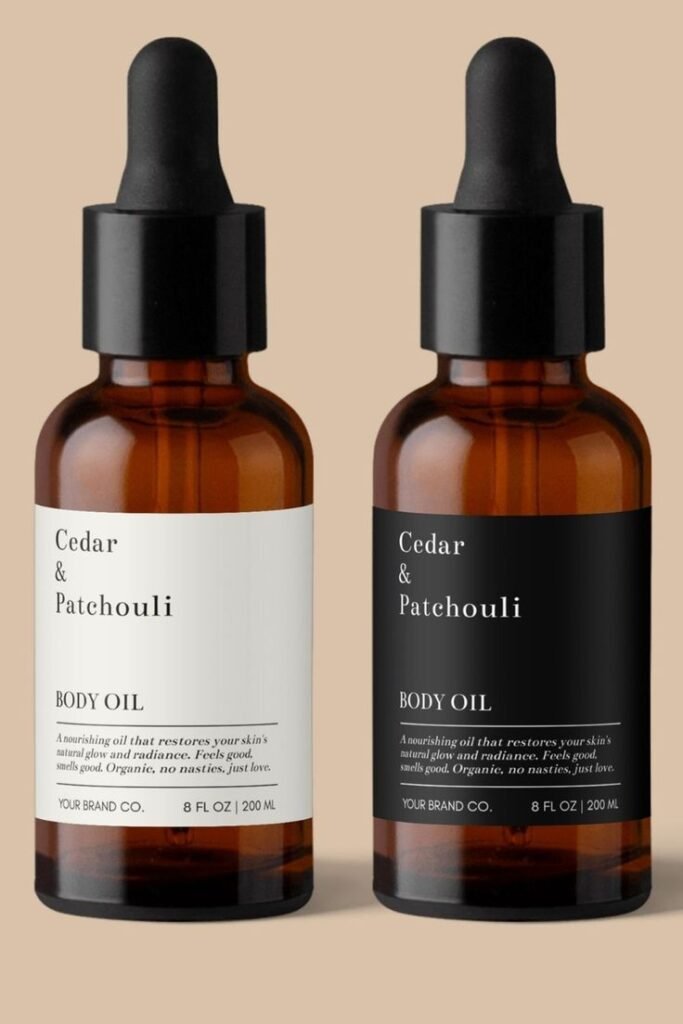Cosmetic Labels That Boost Shelf Appeal Instantly
Why Cosmetic Labels Matter

First Impressions Count
In a sea of serums, lipsticks, and moisturizers, your product gets only a few seconds to grab attention. The label is your first — and maybe only — chance to make an impression. It sets the tone for what customers can expect from what’s inside.
The Role of Branding
Your brand has a personality, and your cosmetic labels are its outfit. Are you minimalist and luxe, or bold and edgy? The label communicates your brand’s identity at a glance.
How Labels Influence Buying Decisions
Aesthetics aside, customers also trust what looks professional. A sharp, clean, and informative label suggests quality, care, and credibility — three things every beauty buyer wants.
Elements of a High-Impact Cosmetic Label
Color Psychology in Label Design
Colors aren’t just pretty — they’re powerful. Blue tones suggest cleanliness and calm, while pinks evoke femininity and softness. Know your customer and choose a palette that speaks to them.
Typography That Stands Out
Fonts do more than display words — they convey mood. A sleek sans-serif might say “modern and clean,” while a script font whispers “luxury.” Pair fonts wisely and ensure they’re legible at a glance.
Shapes and Structures That Attract
Rectangle labels are classic, but consider die-cut shapes for visual interest. Curves, unique angles, or wrap-around labels can catch the eye in a cluttered aisle.
Trends in Cosmetic Label Design
Minimalist Design
Less is more. Modern consumers often gravitate toward clean, simple labels that communicate quality through restraint.
Sustainable Packaging
Eco-conscious design is not just a trend—it’s a movement. Labels made from recycled paper or printed with soy-based inks attract ethically-minded consumers.
Interactive & Smart Labels
QR codes, NFC chips, and augmented reality integrations bring static packaging to life. Want to show how your face mask works? Add a scan-and-see demo to your label.
Materials That Enhance Shelf Appeal
Glossy vs. Matte Finishes
Glossy labels reflect light and give a sleek finish, while matte labels add sophistication and a modern feel. The choice depends on the vibe you want to project.
Holographic and Metallic Effects
A touch of shimmer can turn heads. Holographic or foil-stamped cosmetic labels create a luxe, futuristic look that screams premium.

Textured and Embossed Labels
Texture engages the sense of touch. Embossing adds depth and class, creating a tactile experience that draws customers closer.
Legal and Regulatory Considerations
Required Information
Your cosmetic labels need to do more than dazzle — they must comply. Include product name, ingredients, net weight, usage directions, warnings, and manufacturer info.
Compliant but Creative
The trick is fitting all that info in without looking cluttered. Use smart layout techniques to maintain readability and appeal.
Customization & Personalization
Targeting Niche Audiences
Want to speak directly to Gen Z? Or maybe moms over 40? Tailored labels help you connect on a deeper level.
Limited Edition Packaging
Special occasion or seasonal packaging with unique cosmetic labels creates urgency and boosts perceived value.
The Role of Technology in Cosmetic Labels
QR Codes and Augmented Reality
Bridge the physical and digital with interactive labels. QR codes can lead to tutorials, reviews, or your full product range.

Variable Data Printing
Print thousands of labels with slight variations — different names, skin types, or languages — to personalize products at scale.
Case Studies of Iconic Cosmetic Labels
Big Brands That Nailed It
Brands like Glossier, Fenty Beauty, and The Ordinary have mastered the art of labelling — from minimalism to bold color blocking, each speaks directly to their audience.
Indie Brands Making an Impact
Smaller labels like Herbivore and Youth to the People have gained cult status thanks to well-thought-out cosmetic labels that tell a story.
Common Mistakes to Avoid
Overcrowded Designs
Trying to cram too much onto your label? It’ll just overwhelm the shopper. White space is your friend.
Poor Material Choices
Flimsy labels fade, peel, or get damaged. Choose materials that are durable and appropriate for your product type (think waterproof for shower items).
Working With a Label Designer
What to Look for in a Designer
Find someone who understands your brand, your target market, and the cosmetic industry. Experience matters here.
Collaborative Process Tips
Don’t micromanage — but do communicate. Give clear direction, mood boards, and feedback to ensure your vision comes to life.

Budget-Friendly Ways to Boost Label Appeal
Small Tweaks, Big Impact
Can’t afford a full redesign? Try updating your fonts, adding foil accents, or changing label shape. Even small changes can make a big difference.
Affordable Print Techniques
Digital printing offers great quality without high setup costs, perfect for startups and small batches.
Testing and Market Feedback
A/B Testing Label Designs
Run two designs in parallel and see which sells more. Data doesn’t lie.
Collecting Real-World Opinions
Use surveys, focus groups, or even Instagram polls to gather honest feedback on your cosmetic labels.
Sustainability and Eco-Friendliness
Recyclable Materials
Paper from responsibly managed forests or biodegradable film are great choices for conscious consumers.
Biodegradable Inks and Labels
Soy- or algae-based inks reduce environmental harm without sacrificing vibrancy.
Conclusion
In the fast-paced world of beauty products, your cosmetic labels are your silent sales team. They work 24/7 to draw in eyes, communicate your brand’s essence, and drive sales. Whether you’re a giant corporation or an indie start-up, never underestimate the power of a label. With the right design, materials, and strategy.
